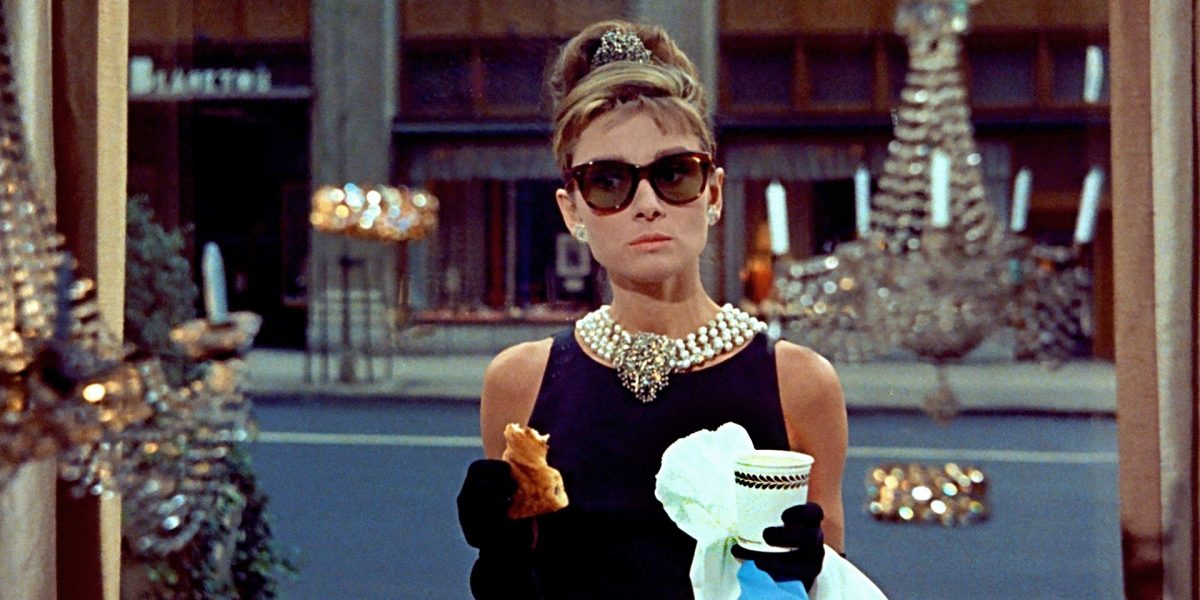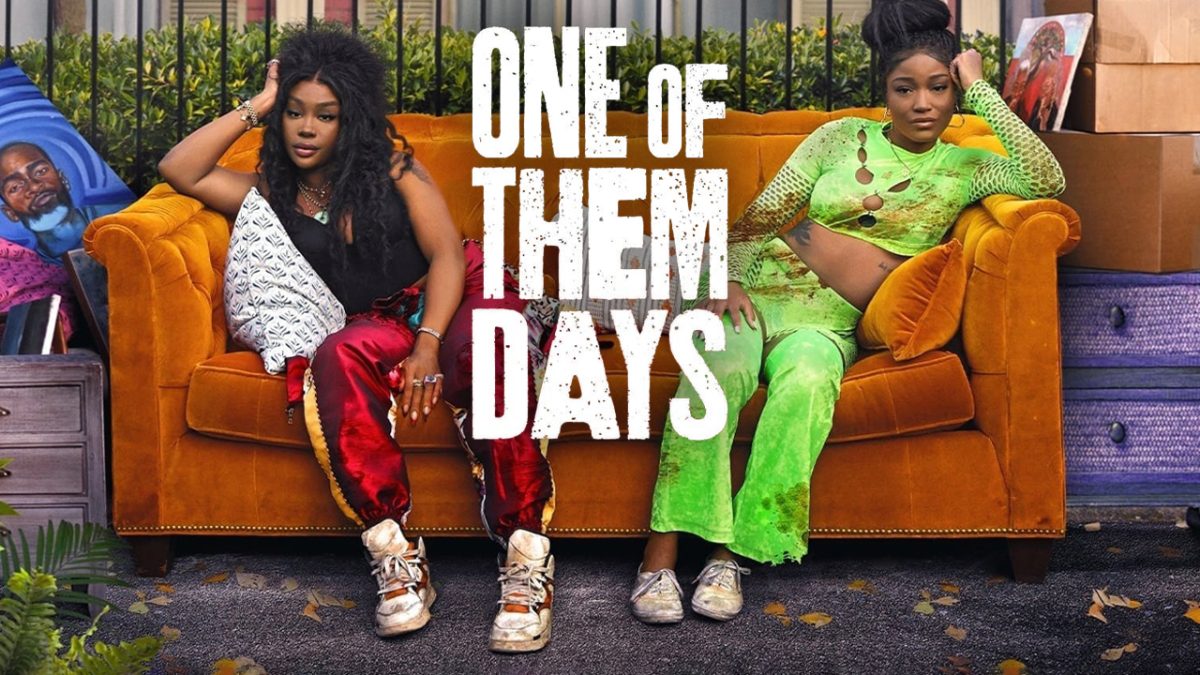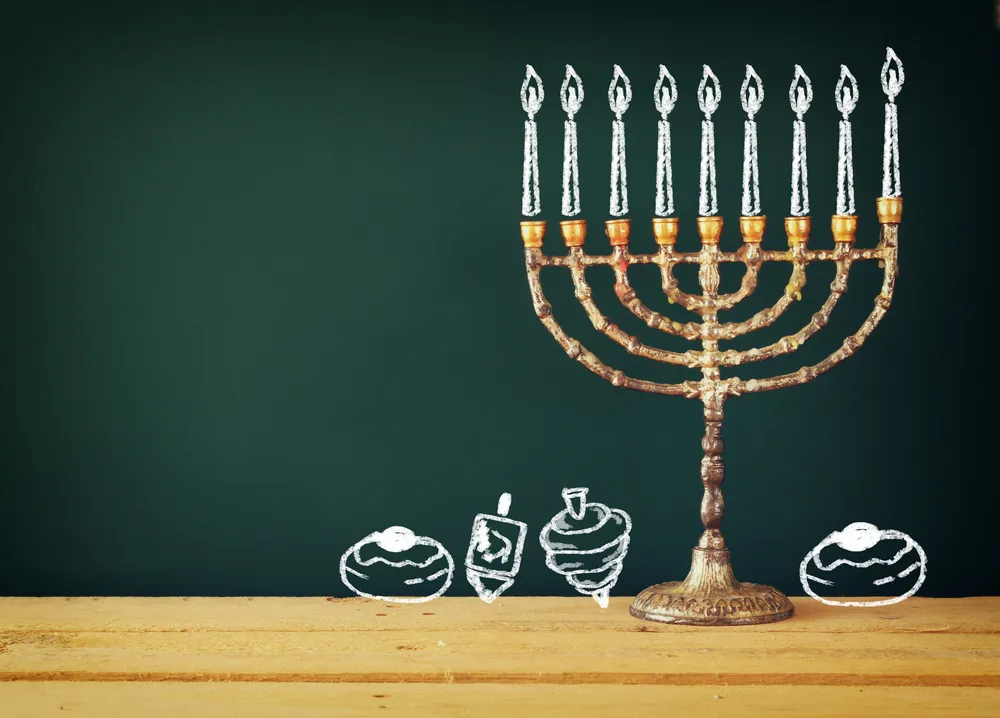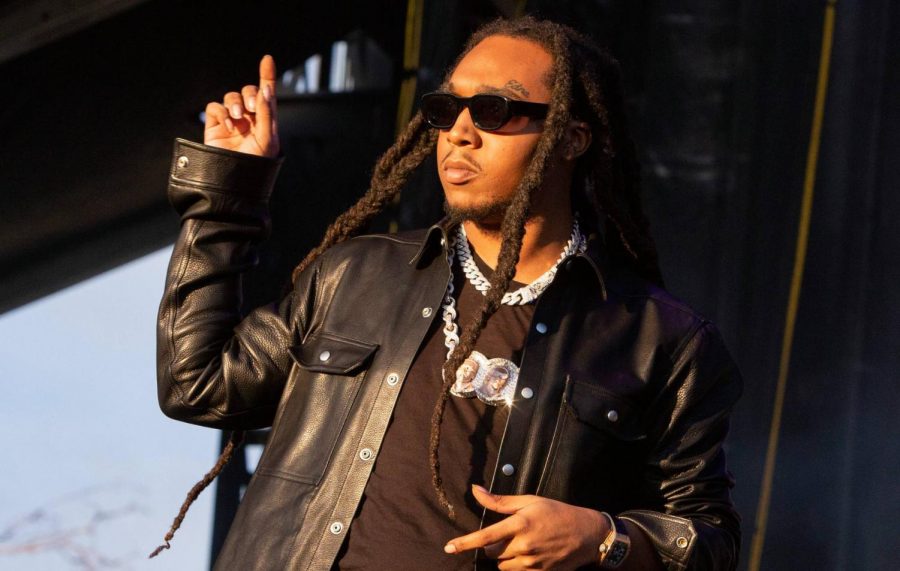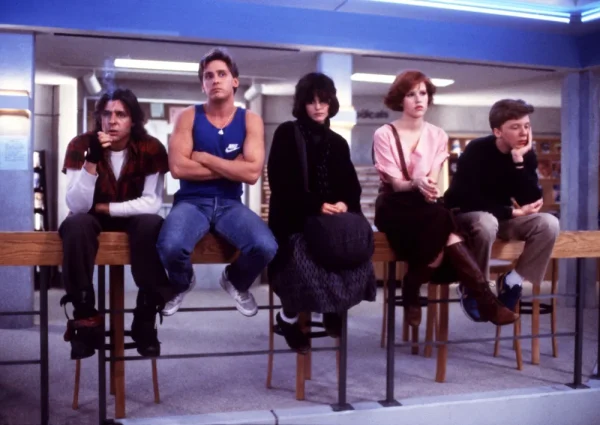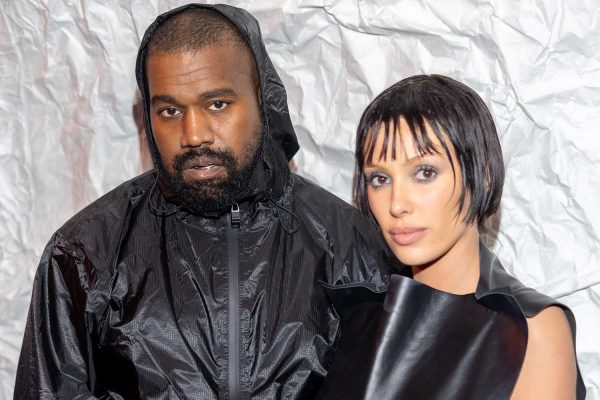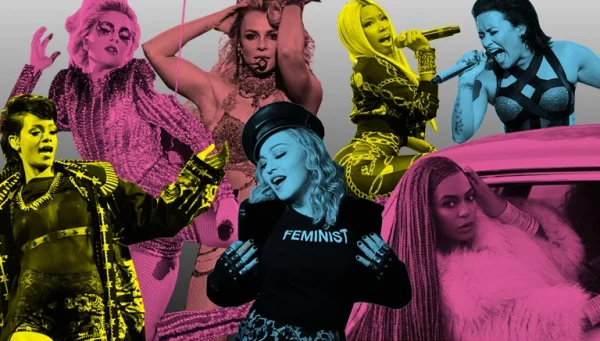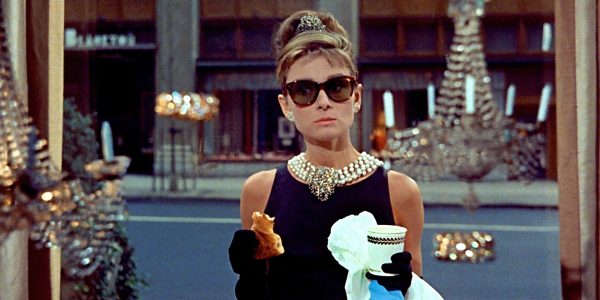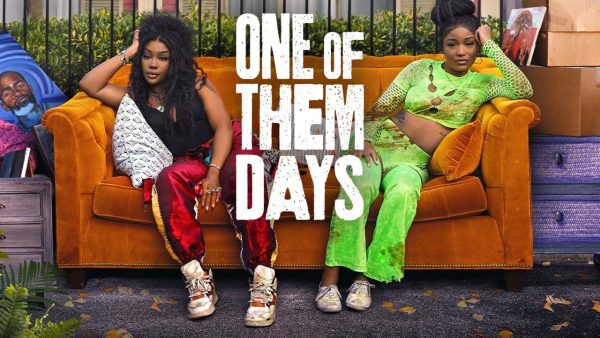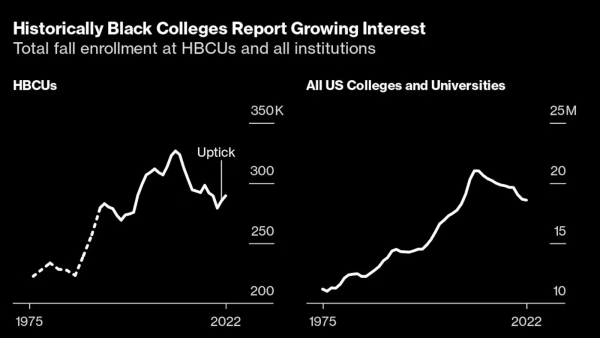“What Takeoff’s Death Means for Gen Z and the Future of Rap
Link from original source: https://www.nme.com/news/music/takeoff-killed-aged-28-migos-houston-3340227
On November 1st, 2022, rapper Takeoff was killed at the young age of 28. Takeoff, being ⅓ of the rap group Migos, was an innovator when it comes to rap music of the 21st century. With today’s young people growing up witnessing Migos create music as a family, Takeoff’s death was devastating to hear.
The rap game is no stranger to the deaths of young artists. The big artists of the 90s, such as Tupac, Biggie, and the artists from Death Row Records became known for their affiliations with gangs and tough demeanors, helping solidify a certain culture associated with rap music. The defining artists of this time came from the US hoods and took pride in telling the realities of this lifestyle in their music. Although the hip-hop industry has positively impacted the black community and created a culture that black Americans identify with, it has been heavily critiqued since its beginnings for the behaviors and mentalities it promotes.
While hip-hop artists themselves play a part in perpetuating the cycle that encourages young black children and teens to participate in dangerous activities associated with rap, we have to address the root problem. At its core, gangsta mentality has its roots in the effects of racism and inequality in the United States. Hardship in the black community has caused generations of black children to accelerate their childhood and take matters into their own hands.
Though the artists of the 90s were great innovators and poets, they were also products of their environment. With centuries of inequity placing a disproportionate amount of black families in poverty, it’s no wonder that a culture of doing whatever it takes was promoted within black homes. The rough exterior that many of these rappers flaunted was the only way to make it within their environment.
Some rappers got transparent about these truths in their music, such as Biggie in ‘Everyday Struggle’, a song that depicts the downsides to dealing drugs while also describing the necessity of it in order for him to make it in his community. With gangs and drug dealing presenting many young kids with opportunities to make their situation better, many took the risk. Migos themselves discuss this phenomenon in their song ‘Can’t Go Out Sad,’ rapping the lyrics, “Mama tired, daddy died,” as they discuss their motivations for going out and making money through drug dealing. While these activities might have provided young rappers with a basis for temporary fame and success, it ultimately led to their untimely deaths.
This culture has not left the industry though, as rappers continue to boast their gritty lifestyles and hustler mentalities. With this, comes the same danger for young rappers that we saw in the 90s. Even if a rapper has not participated in criminal activities themselves, their identity as a rap artist puts them in a position that entices them to present as tough.
With Takeoff’s death hitting Gen Z out of the blue, it offers the generation an opportunity to evaluate the dark sides of hip hop through a different lens. In order to end the cycle of death and violence, it is up to our generation to attack the issue of inequity in our country as well as promote alternatives for children in struggling families. However, while it is important to work toward making the rap game safer, we have to remember that the stories of struggle and hustle mentality are a part of the genre’s roots, and we should take pride in the strength of its forefathers.













































